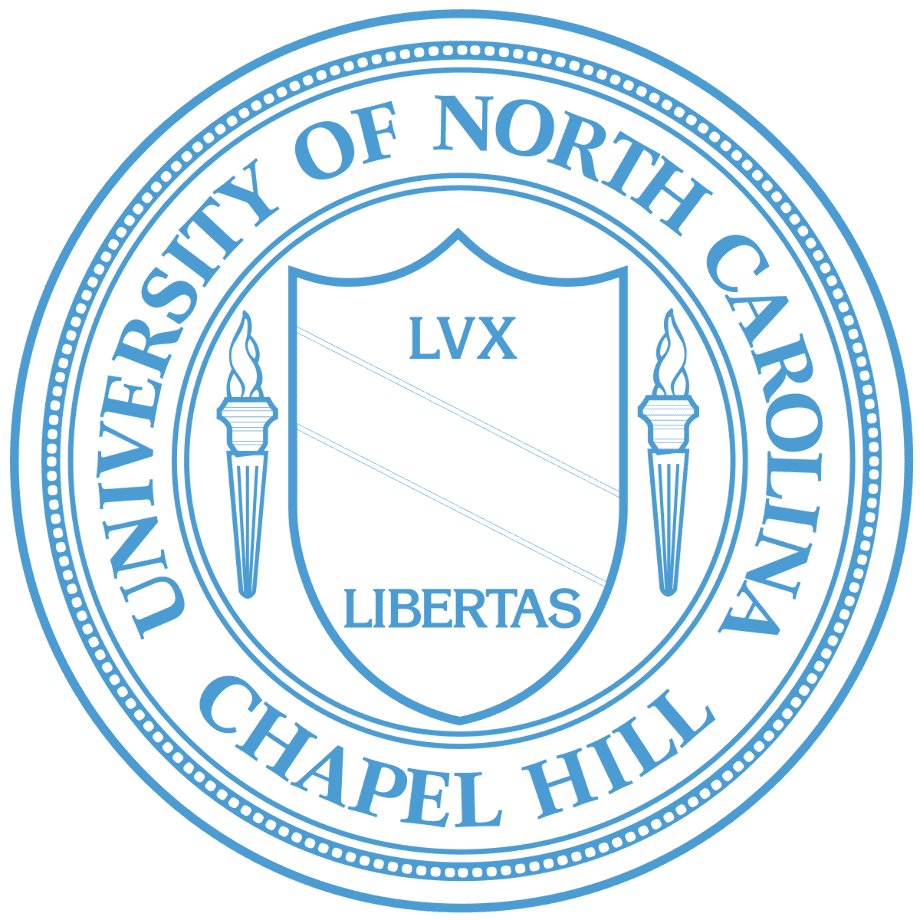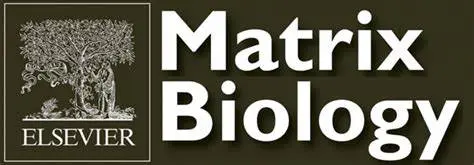
Timeframe: 2019 – 2020
Goal: Identify optimal culture conditions for FLC organoids
Principal Investigator: Jian Liu, PhD
Study overview: Scientific investigators often use cultures, dishes containing tumor cells, to test candidate treatments for a disease. The type of cultures that most accurately reflect the properties of cells as if they were inside the body are “organoids”, units with traits representative of the whole tissue. FLC organoids are aggregates of FLC tumor cells in a complex along with support cells (such as endothelia, cells associated with vasculature) that behave as a tiny unit of FLC tumor tissue.
In past research, specific defined conditions have permitted the stable formation and maintenance of FLC organoids, but these cultures grow slowly. This study proposed to evaluate novel conditions that hopefully would provide investigators with conditions promoting the development of multiple FLC models. Any complexes identified as biologically active will be made available to investigators elsewhere who will assess if the conditions elicit expansion of FLCs in other FLC model systems.
In this study, specific goals included:
- Aim 1: Identify and synthesize the chains of heparan sulfates, heparins, and/or chondroitin sulfates that bind by high affinity to growth factors (GF) that can drive the expansion of organoids of normal or malignant stem cells.
- Aim 2: Assess the biological effects of a soluble signal complexed with a glycosaminoglycan (GAG) chain (GF/GAG complex) on FLC organoids derived from a UNC-developed PDX tumor line of FLC. If successful, the GF/GAG complexes that are positive will be provided to other investigators to learn if the effects are replicated for other FLC models.
Results: The study found that ten distict heparan sulfate oligosaccharides elicited particular biological responses. Of note, complexes of paracrine signals (a type of cellular communication in which a cell produces a signal to induce changes in nearby cells) and 3-O sulfated HS-oligosaccharides slowed the growth of FLC organoids, and with Wnt3a, stopped the growth of the organoids for months.
Other reported findings included:
- FLC tumors are genetically related to biliary tree stem cell (BTSC) subpopulations, and not to mature hepatic or pancreatic cells
- Gene expression and cell biological phenomena indicate that FLCs are highly enriched for cancer stem cells.
- FLC tumor cells are very difficult to culture outside of the body because of the production by FLC of enzymes that degrade components of the conditions being used for their survival and expansion
- Regulation of FLC cells is dependent on paracrine signals from mesenchymal cell partners (stem cells that differentiate into all types of connective tissue).

The results of this study were published in Matrix Biology in August 2023. The full text of the article, “Fibrolamellar carcinomas–growth arrested by paracrine signals complexed with synthesized 3-O sulfated heparan sulfate oligosaccharides” can be read here.
Implications: The study provided insight into the conditions required to grow and culture FLC tumor organoids. In addition, if future efforts are used to prepare HS-oligosaccharides resistant to breakdown in the body, paracrine signal—HS-oligosaccharide complexes could potential serve as therapeutic agents for clinical treatments of FLC.
